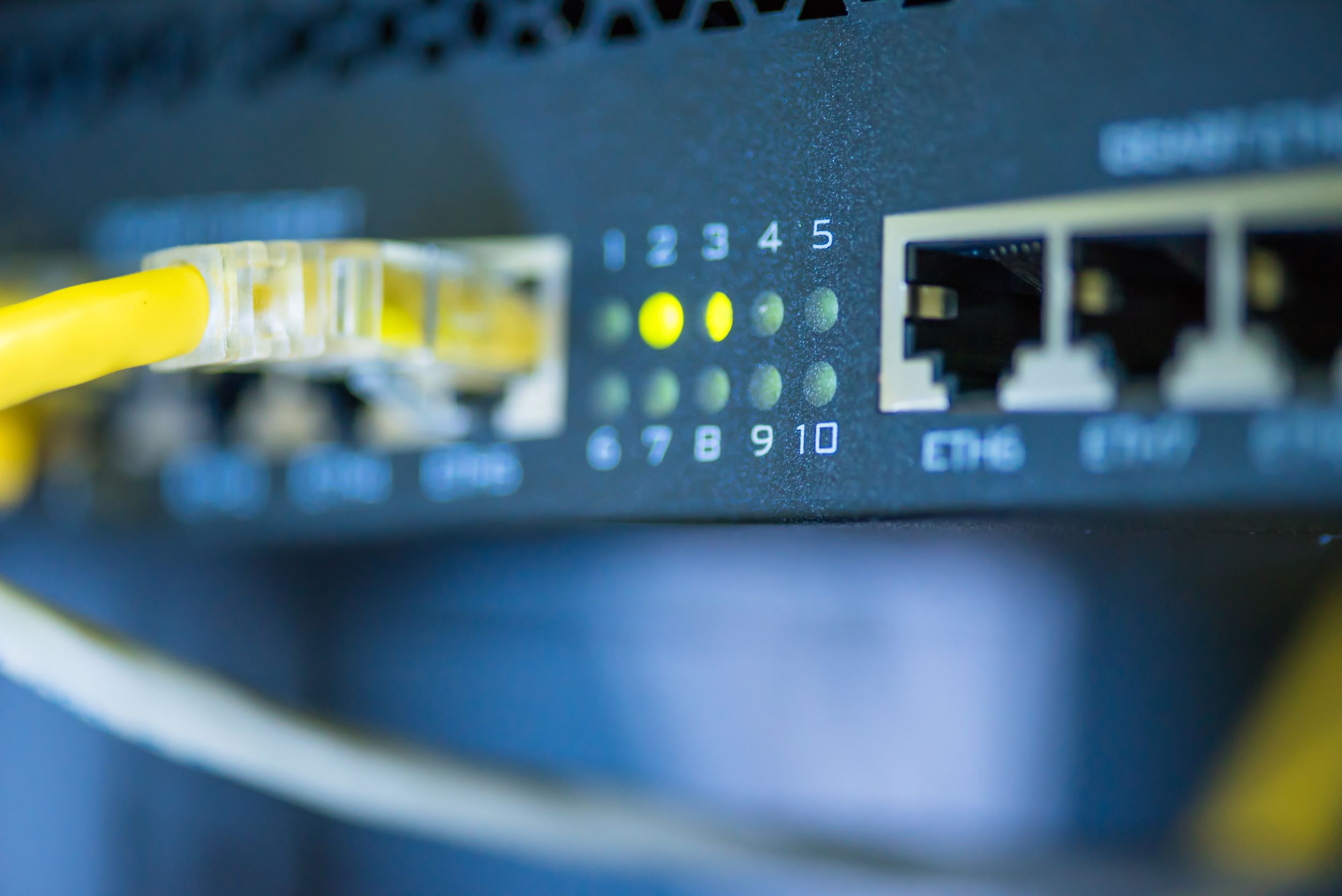What is an IP address and what are the advantages of the two types
Internet Protocol (IP) addresses are what connect the Internet to your local network. IP addresses can be either static or dynamic. In order to help you choose between static and dynamic IP addresses, we will compare and contrast their most important characteristics.
Every device on a TCP/IP network has what is called an IP address, or Internet Protocol address. IP addresses are used to identify computers and devices and enable them to connect with one another, much like a physical address is used to let people know where to send you mail.
Internally, IP addresses are stored as numbers. Computers are happy with numbers, but people like to use names. The Domain Name System (DNS) is the internet’s address book. This means that you can use words, like “www.C3.ky,” instead of numbers to navigate the internet and talk to devices on your network. These devices could be anything that can connect to the internet, like your computer, TV, smart speakers, or even your fridge. Almost any electronic device in your home could have an IP address.
When you type a URL into your web browser, DNS looks up that domain’s IP address. If you type www.C3.ky into your browser, for example, DNS will give you one of several IP addresses. IPv4 and IPv6 are the two most common types of IP addresses.
IPv4 has four hexadecimal numbers separated by periods whereas IPv6 has six hexadecimal numbers separated by colons. We have used almost all of the 4.3 billion IPv4 addresses. IPv6 has a lot more addresses and will likely last our lifetime before we run out.
Static IP Addresses
Put simply, a static IP address is one that doesn’t change. Once your device is given a static IP address, that number stays the same until the device is nonoperative or your network architecture changes. Most servers and other important equipment use static IP addresses.
Set a Static IP Address
Contact your internet service provider (ISP) and ask for a static IP address. Then, in Windows settings, you can change your normal IP address and set up a static IP address. Creating a static IP address is a more advanced networking task that requires a basic understanding of TCP/IP protocols.
Use this guide to help you manually enter your IP address.

Dynamic IP Addresses
Dynamic IP addresses are subject to change and are assigned as required by Dynamic Host Configuration Protocol (DHCP) servers. We use dynamic addresses because there aren’t enough static IP addresses for everyone in IPv4. So, for example, a hotel probably has a static IP address, but each device in each room would have a dynamic IP address.
Your ISP’s DHCP server may give your home or office a dynamic IP address that changes over time. Your network router probably gives each of your devices a dynamic IP address on your home or business network, whether they are PCs, smartphones, tablets or devices that stream media. Dynamic IP is the standard that consumer electronics use.
Static vs Dynamic
At times, it’s better for some devices to use static IP addresses and other times dynamic IP addresses work best. There is no one size fits all solution when it comes to IP addresses. Whether you should use a dynamic or a static IP address depends on the type of connection you have. A business is more likely to need a static IP address, while a home network should use a dynamic IP address.
Benefits of a Static IP
Better DNS Support: DNS servers make it much easier to set up and manage static IP addresses
Server Hosting: If you host a web server, an email server, or any other kind of server, having a static IP address makes it easier for customers to find you through DNS. In other words, this means that customers can get to your websites and services faster if they have a static IP address.
Easy Remote Access: Having a static IP address makes it easier to use a Virtual Private Network (VPN) or other remote access programs.
More Reliable Communication: Static IP addresses make it easier to use Voice over Internet Protocol (VoIP) for teleconferencing and other voice and video communications.
More Reliable Geo-location Services: With a static IP address, services can match the IP address to the physical location. For example, if you use a local weather service with a static IP address, you are more likely to get the weather report you need instead of the one for the next city over.
Drawbacks of a Static IP
Static IP Hack Vulnerability: Static IPs are easier to hack. If your server’s IP address stays the same, hackers know exactly where it is on the Internet. So, it’s easier for them to attack.
Higher Cost: ISPs usually charge more for static IP addresses, especially when it comes to plans for consumers. Business ISP plans often include static IP, at least as an option, but they are more expensive than end-user plans
Security Concerns: Anyone with the right network tools can find out where you and your computers are. VPNs can help ease this worry because they hide where you are physically.
Benefits of a Dynamic IP
Automatic Configuration: Dynamic IP addresses are automatically assigned to the next available IP address by the DHCP server. Easy and simple.
Lower Fees: Generally speaking, dynamic IP addresses save you money.
Unlimited IP Addressing: Dynamic IP addresses let you use the same IP address more than once. Your devices on a network are automatically set up with a new dynamic IP address as needed.
Better Security: It is harder for a possible attacker to go after your networked equipment with a dynamic IP address. Add further security by hiding your IP address with a VPN.
Drawback of a Dynamic IP
Not Ideal for Hosted Services: Using a dynamic IP address may be hard if you want to host a website, an email server, or similar. Dynamic IP addresses don’t work well with DNS because the address changes all the time.
Limits Remote Access: Using a dynamic IP address may make it hard for your remote access software to connect. This is where a VPN will be especially useful.
More Downtime: Although rare, there are times when your ISP cannot assign you a dynamic IP address. This can interrupt your ability to get online. This is an annoyance for consumers but can be quite detrimental for a company website.
Geo-location Inaccuracy: Geo-location services may fail with a dynamic IP address because you can effectively be assigned an IP that does not match your physical location,
Key Takeaways
Static IP addresses are the most reliable and secure option for companies who run their own servers and provide their own internet services. Static IP addresses are also useful for VPN connections used by telecommuting employees.
The vast majority of consumers nowadays can get by just well with dynamic IP addresses. They are more affordable and generally present a lower security risk.
Are you looking for an internet package that is right for your home or business? Check out our internet products here or reach out to a C3 representative to learn more. Just call 333-3333 or email info@c3.ky.

